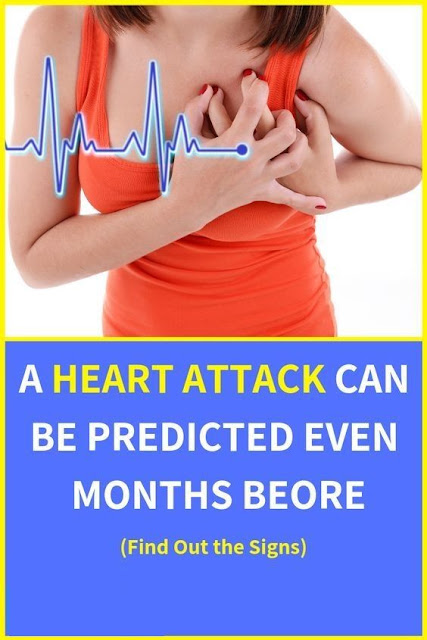Introduction: In the realm of cardiovascular health, the phrase "medicine for heart attack" carries immense weight. A heart attack, medically known as myocardial infarction, strikes fear into the hearts of many due to its potentially fatal consequences. However, with advancements in medical science and a deeper understanding of heart health, there are numerous medications available to manage and even prevent heart attacks. Let's delve into the world of medicine for heart attacks and explore the lifesaving treatments that can make all the difference.
Understanding Heart Attacks: Before discussing specific medications, it's crucial to understand the nature of a heart attack. A heart attack occurs when the blood flow to a part of the heart is blocked, usually by a buildup of plaque in the coronary arteries. This blockage deprives the heart muscle of oxygen and nutrients, leading to tissue damage or death. Recognizing the symptoms of a heart attack, such as chest pain, shortness of breath, and nausea, is paramount for seeking immediate medical attention.
Medication for Immediate Treatment: When someone experiences a heart attack, prompt medical intervention is essential to minimize damage to the heart muscle and improve outcomes. One of the primary medications administered in this critical phase is aspirin. Aspirin works by inhibiting the formation of blood clots, thus helping to restore blood flow to the heart. It is often chewed or taken as soon as possible after the onset of symptoms.
Another crucial medication used during a heart attack is nitroglycerin. Nitroglycerin helps widen the blood vessels, reducing the heart's workload and relieving chest pain. It is typically administered under the tongue for rapid absorption, providing quick relief during a cardiac emergency.
Post-Heart Attack Medications: Following a heart attack, individuals are often prescribed a regimen of medications to manage their condition and reduce the risk of future cardiovascular events. Among these medications, beta-blockers play a significant role. Beta-blockers work by slowing the heart rate and reducing blood pressure, easing the workload on the heart and preventing further damage.
Furthermore, angiotensin-converting enzyme (ACE) inhibitors or angiotensin II receptor blockers (ARBs) are commonly prescribed to protect the heart and improve its function. These medications help dilate blood vessels, lower blood pressure, and reduce strain on the heart, ultimately preventing complications post-heart attack.
Cholesterol-lowering medications, such as statins, are also integral in preventing recurrent heart attacks. By lowering LDL cholesterol levels and reducing inflammation in the arteries, statins help prevent the buildup of plaque and decrease the risk of another cardiac event.
Lifestyle Modifications and Medication: In conjunction with medication, lifestyle modifications play a crucial role in managing heart health and preventing heart attacks. Regular exercise, a heart-healthy diet low in saturated fats and cholesterol, smoking cessation, and stress management are essential components of a comprehensive cardiac care plan.
In some cases, antiplatelet medications may be prescribed alongside other medications to further reduce the risk of blood clots and subsequent heart attacks. These medications, such as clopidogrel or ticagrelor, inhibit platelet aggregation, making blood less likely to clot within the arteries.
It's important to note that medication alone is not always sufficient in preventing heart attacks. Adherence to prescribed medications and lifestyle changes is paramount for long-term cardiovascular health. Regular follow-up appointments with healthcare providers are crucial for monitoring progress, adjusting medications as needed, and addressing any concerns or complications.
Conclusion:
In the battle against heart attacks, medication serves as a potent weapon, helping to prevent, manage, and mitigate the devastating effects of cardiovascular disease. From immediate interventions during a heart attack to long-term management strategies aimed at reducing the risk of future events, the arsenal of medications available continues to evolve, offering hope and healing to millions worldwide. By combining medication with lifestyle modifications and regular medical care, individuals can take proactive steps towards safeguarding their heart health and enjoying a fulfilling life free from the fear of heart attacks.


No comments:
Post a Comment